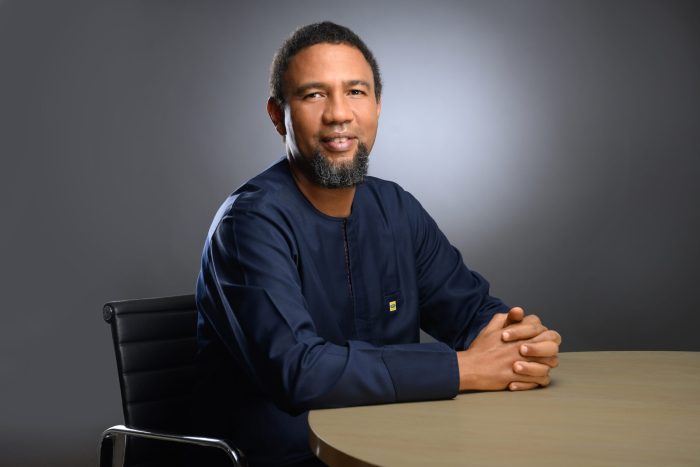Since 2001, Nigeria’s telecoms industry has connected millions and powered a digital economy contributing 20% to the GDP.
Now, at a crossroads, sustainable growth depends on critical decisions made today.

Nigeria’s telecoms industry has transformed the nation since the first call in 2001.
With over 157 million active connections, it has become one of the largest and most advanced sectors globally, driving a digital economy that contributed nearly 20% to GDP in 2024, double the contribution of oil and gas.
Moreover, from mobile banking to telemedicine, connectivity is reshaping industries and creating opportunities for millions.
However, the sector now faces mounting challenges.
For over a decade, tariffs for telecom services have remained static, while operating costs have surged by 300%. Although the data consumption deductions have increased underground for subscribers.
Consequently, this imbalance threatens the sustainability of the infrastructure powering Nigeria’s digital economy.
Without intervention, service quality could decline, jobs could be lost, and economic growth stalled.
Read Also; 2025: Presidency Pledges Stricter Oversight Of MDAs’ Resource Usage
To address these issues, the government, under President Bola Ahmed Tinubu and Minister of Digital Economy, Dr. Bosun Tijani, has introduced bold initiatives.
For instance, the ‘Three Million Technical Talents’ programme aims to build a skilled workforce, while plans to roll out 90,000km of terrestrial fibre will expand digital infrastructure to become one of the longest in Africa.
At the same time, discussions around tariff adjustments are underway to ensure the industry remains viable.
Despite rising costs in other sectors, Nigeria still offers some of the world’s most affordable data, with 1GB costing $0.38, compared to $1.77 in South Africa.
Importantly, the Nigerian Communications Commission (NCC) will tie modest, capped increases to investment in network upgrades.
In conclusion, by prioritising sustainability and investment, Nigeria’s telecoms sector can continue to power its digital economy, ensuring a brighter, more inclusive future for all.

